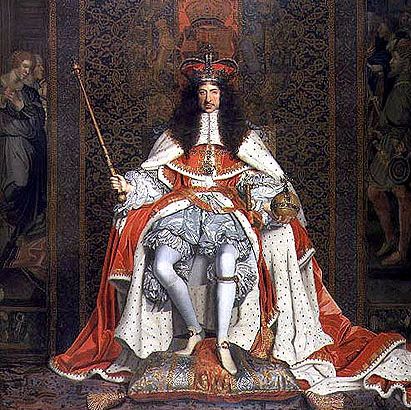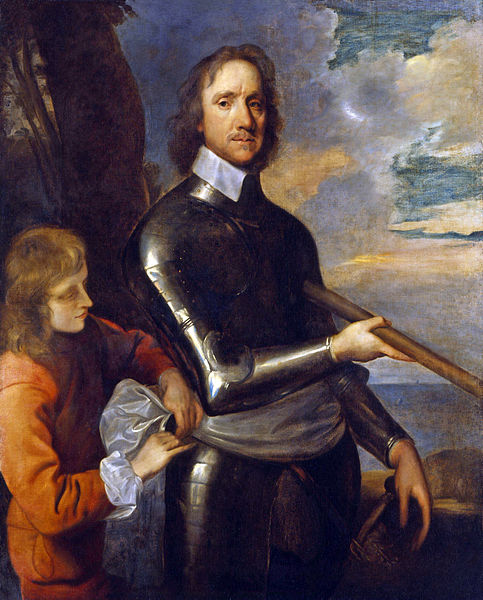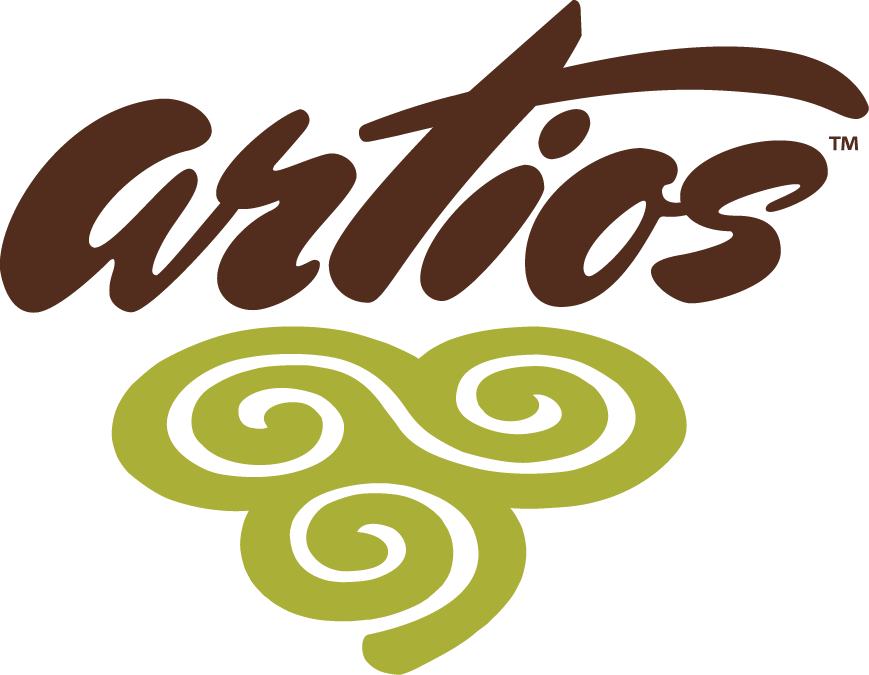[precontent]
[one_third]
Unit 7: Constitutional Monarchy in England
[/one_third]
[two_third_last]

[/two_third_last]
[/precontent]
[three_fourth]
[box]
[box_header]
Unit 7 [flag bg_color=”#d6e3bc” text_color=”#9d241a”]High School[/flag]
[/box_header]
[box_content]
Unit Overview
- Subjects Covered
- Grammar, Literature, Composition, History
- Time Period
- Reformation and Revolutions
- Grade Level
- Middle School: 9 – 12
- Civilization
- English
- Literature
- Poetry: Songs of Innocence and Experience – by William Blake
[/box_content]
[box_content]
 Unit Description
Unit Description
“The weak leadership of King James left his son, King Charles I, with many problems to face and to deal with. ‘Should the King or Parliament control the government?’ It was a question which could neither be evaded nor compromised…and finally, in 1642, the two parties [King Charles I and Parliament] drifted into civil war…”
“The great civil war between King Charles and his English Parliament began in August 1642, when the King ‘raised his standard’ at Nottingham. It did not really end until Charles was beheaded in 1649, and a Commonwealth or republic was set up…”
“Oliver Cromwell had grave faults; and he was by no means an easy man to deal with. He made many blunders, some of which were serious ones. But he proved himself equal to the task he had undertaken…”
– Samuel Harding
[/box_content]
[box_content]
Leading Ideas and Biblical Principles
[list type=”arrow”]
- History is HIS Story – God’s story of love, mercy, and redemption through Christ.
- He made known to us the mystery of his will according to his good pleasure, which he purposed in Christ, to be put into effect when the times reach their fulfillment—to bring unity to all things in heaven and on earth under Christ. — Ephesians 1:9-10
- God’s providential hand governs and times all events and provides for His Creation according to His plan and purposes.
- The God who made the world and everything in it is the Lord of heaven and earth and does not live in temples built by human hands. And he is not served by human hands, as if he needed anything. Rather, he himself gives everyone life and breath and everything else. From one man he made all the nations, that they should inhabit the whole earth; and he marked out their appointed times in history and the boundaries of their lands. God did this so that they would seek him and perhaps reach out for him and find him, though he is not far from any one of us.- Acts 17: 24 – 27
[/list]
[/box_content]
[/box]
[box]
[box_header]
Unit 7 Resources: [flag bg_color=”#d6e3bc” text_color=”#9d241a”]Middle School[/flag]
[/box_header]
[box_content]
[button id=”1″ link=”https://www.artioshcs.com/wp-content/uploads/2013/08/Early-Mod-Unit-7-HS-Constitutional-Monarchy-in-England-WWW.pdf” linking=”new-window” size=”medium” type=”simple” title=”unit”]Download Unit[/button]
[button id=”1″ class=”1″ link=”http://www.emersonkent.com/images/indian_tribes.jpg” linking=”new-window” size=”medium” type=”simple” title=”maps”]Download Maps[/button]
[button id=”1″ link=”http://www.phschool.com/atschool/ahon/history_interactive/mvl-1021/common_player.html” linking=”new-window” size=”medium” type=”simple” title=”maps”]Interactive Map[/button]
[tabs type=”simple” position=”top-left”]
[tab_title]Lesson 1: History[/tab_title]
[tab_content]
Lesson One Assignments:
- Review the discussion questions and vocabulary, then read the articles: James I, the First Stuart King & Charles I and Parliament, pages 7 13.
- Narrate about today’s reading using the appropriate notebook page. Be sure to answer the discussion questions and include key people, events, and dates within the narration.
- Define the vocabulary words in the context of the reading and put the word and its definition in the vocabulary section of your history notebook.
- Be sure to visit www.ArtiosHCS.com for additional resources.
Lesson One Discussion Questions:
- What did Catholics hope would happen for them under the rule of King James as opposed to what they had experienced under the rule of Queen Elizabeth?
- Why did King James imprison Sir Walter Raleigh?
- Why did King James ultimately have Sir Walter Raleigh put to death?
- Describe the treasonous plot devised by Guy Fawkes.
- Explain the concept of the “divine right of kings.”
- To what did King James believe Parliament owed all of their rights?
- Why did King James want to make a treaty with Spain after his son-in-law lost all his lands during the Thirty Years’ War?
- How did Parliament feel about this treaty with Spain, and why?
- What happened during the third Parliament of King Charles, and what was the result?
- What steps did King Charles take to prevent Parliament from meeting again for eleven years?
- How did Scotland greet King Charles’ attempt at reforming the Church of Scotland?
- Describe the “Long Parliament” and its effect on the reign of Charles.
- Why did Parliament fear the Earl of Strafford?
- What two issues separated Charles from his Parliament?
- What was the foundational question that had to be settled by Parliament regarding government control?
[/tab_content]
[tab_title]Lesson 2: History[/tab_title]
[tab_content]
Lesson Two Assignments:
- Review the discussion questions and vocabulary, then read the article: The Civil War Between King and Parliament & Commonwealth and Protectorate, pages 15 22.
- Narrate about today’s reading using the appropriate notebook page. Be sure to answer the discussion questions and include key people, events, and dates within the narration.
- Define the vocabulary words in the context of the reading and put the word and its definition in the vocabulary section of your history notebook.
- Be sure to visit www.ArtiosHCS.com for additional resources.
Lesson Two Discussion Questions:
- How were the people divided between the support of the King or Parliament during England’s Civil War?
- What were the king’s supporters called?
- What were the supporters of Parliament called?
- Describe how Parliament won the Battle of Marson Moor.
- Why did King Charles leave Oxford in disguise and go to Scotland?
- Describe how the “Independents” felt about reforming the Church of England.
- Describe the fate of King Charles after Scotland returned him to England. Be specific and detailed.
- Outline the development of the Commonwealth and Protectorate as described in the article of the same title
[/tab_content]
[tab_title]Lesson 3: History[/tab_title]
[tab_content]
Lesson Three Assignments:
- Read the articles: Charles II and the Stuart Restoration & Oliver Cromwell, pages 24-31.
- There are no discussion questions for these two articles. Instead, write a biographical sketch of each of the two main characters of the articles: Charles II and Oliver Cromwell.
This sketch should be constructed in the form of a five-paragraph essay.
[/tab_content]
[tab_title]Literature[/tab_title]
[tab_content]
Unit 7 Literature Assignments
- Read the two poems in the assignment background section.
- Make note of their form (number of stanzas, couplets, etc.) and rhyme scheme (abba, abab, etc.).
- Write a brief essay on the poems that answers the following questions:
- What Christian values are presented in the poems?
- What can be learned about “The Lamb” after reading “The Tyger”? What can be learned about “The Tyger” after reading “The Lamb”?
- What conflicting views on religion are expressed in the poems?
[/tab_content]
[tab_title]Resources[/tab_title]
[tab_content]
Additional Maps:
Complimentary Sources:
- Timeline of England’s Monarchs
- Tudor Family Tree
- Stuart Family Tree
- A brief overview of the English Civil War
- Overview of the Battle of Marston Moor
- Brief Summary of Types of Government Systems
Video:
Video of the English Civil War
(Parents should preview this video before allowing students to view it.)
[/tab_content]
[tab_title]Arts[/tab_title]
[tab_content]
Art:
Music:
Some Composers:
[/tab_content]
[/tabs]
[/box_content]
[/box]

Leave a Reply
Want to join the discussion?Feel free to contribute!